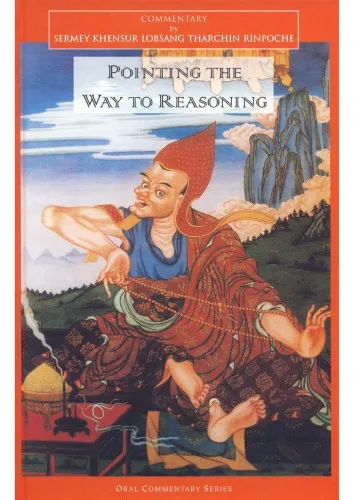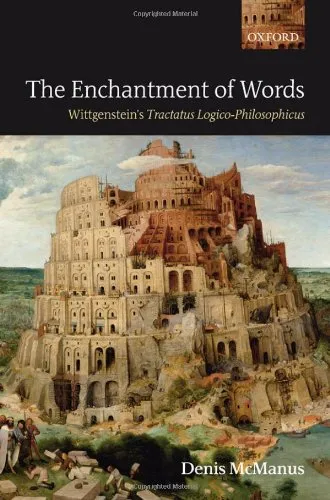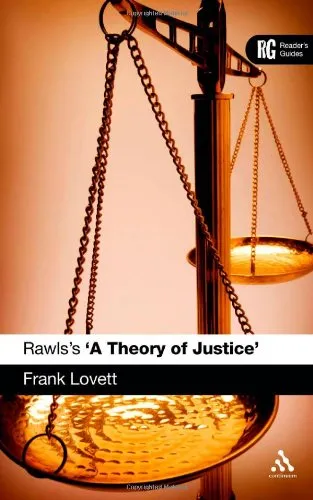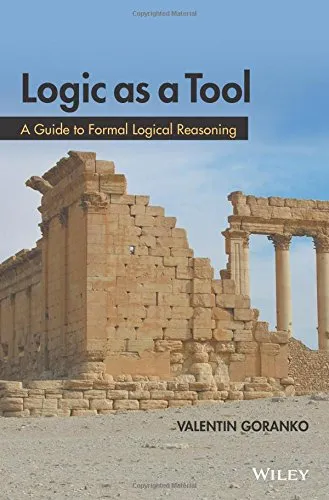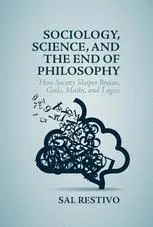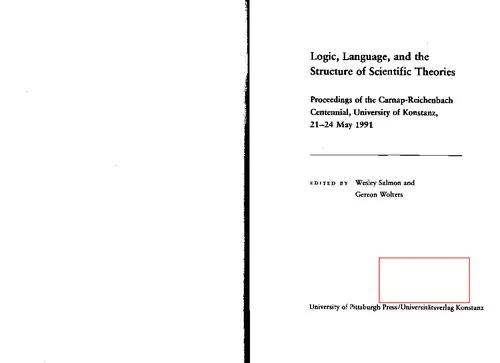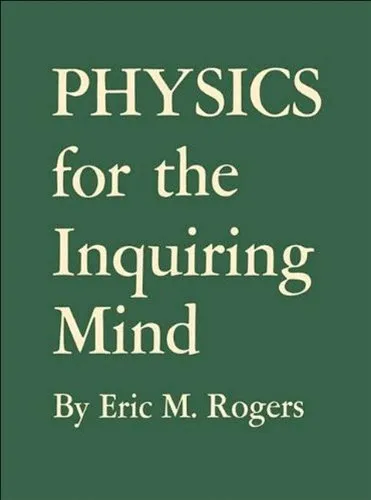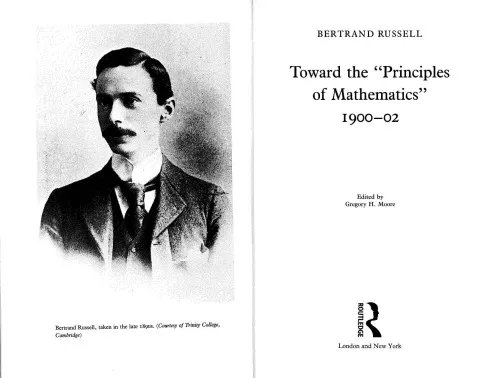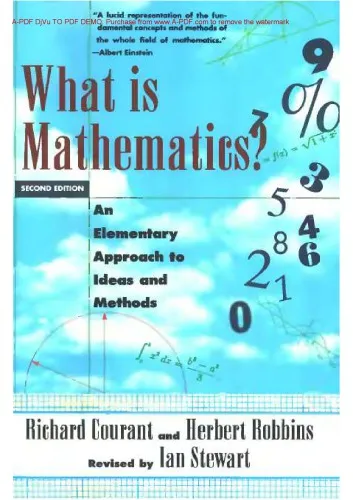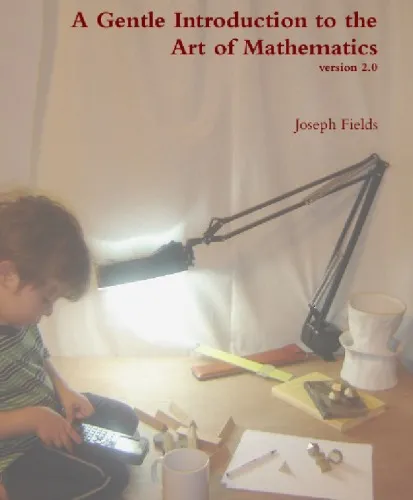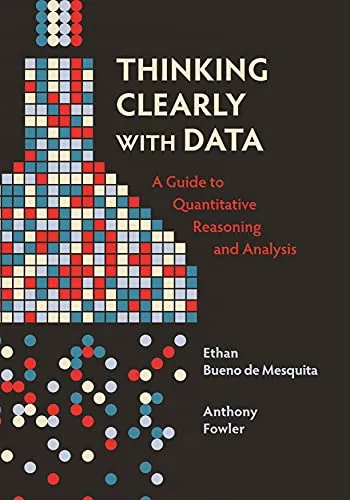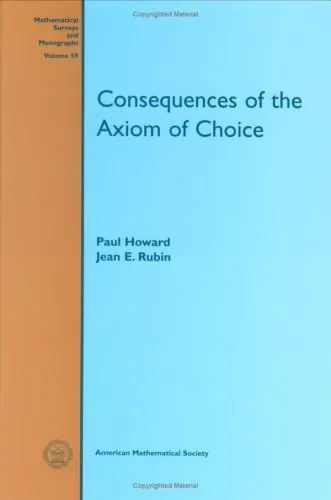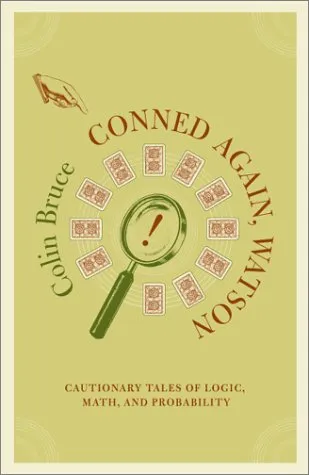Pointing the Way to Reasoning: Commentaries to Compendium of Debates, Types of Mind, Analysis of Reasons
4.7
Reviews from our users

You Can Ask your questions from this book's AI after Login
Each download or ask from book AI costs 2 points. To earn more free points, please visit the Points Guide Page and complete some valuable actions.Related Refrences:
Introduction to "Pointing the Way to Reasoning: Commentaries to Compendium of Debates, Types of Mind, Analysis of Reasons"
"Pointing the Way to Reasoning: Commentaries to Compendium of Debates, Types of Mind, Analysis of Reasons" is a comprehensive philosophical and analytical guide that delves deep into the heart of Buddhist logic, reason, and debate. Written to make complex intellectual concepts accessible, this book serves as a bridge between ancient scholastic traditions and modern methods of critical thinking. Authored with precision, this work is an invaluable resource for readers seeking clarity, insight, and tools to examine the nature of their own minds, the principles of reasoning, and the dynamics of constructive debate.
The book is rooted in the esteemed tradition of Tibetan Buddhist philosophy, drawing extensively from classical texts while presenting them in a manner that resonates with contemporary audiences. It covers three core topics: the techniques and frameworks essential for meaningful debate (Compendium of Debates), the taxonomy of cognition and mental states (Types of Mind), and the foundational principles of reasoning (Analysis of Reasons). With detailed commentary throughout, this work gives students, practitioners, and intellectuals a roadmap to engage in rational discourse and inner exploration.
Detailed Summary of the Book
The book is divided into sections that explore three interrelated themes, each critical to understanding the Buddhist tradition of debate and reasoning. The first section, Compendium of Debates, introduces the art and science of debate as practiced in Buddhist monasteries. Using logical structures, syllogisms, and critical questioning, this section provides readers with tools to refine their reasoning skills and effectively engage in discourse.
In the second section, Types of Mind, the text dives into the different categories and functions of mental states. It elaborates on how the mind perceives, interprets, and reacts to the world. This exploration of mental phenomena not only enhances philosophical rigor but also provides practical insight into mindfulness and self-awareness.
The final section, Analysis of Reasons, focuses on the core principles of reasoning and logical analysis. Readers are guided through the mechanics of identifying valid reasoning, exposing fallacies, and understanding the nature of dependent origination. These teachings culminate in a deeper comprehension of how interdependence governs the way we think and interact with the world.
Throughout, the book offers clear examples, relatable analogies, and insightful commentary to connect technical philosophical concepts with everyday reasoning and spiritual growth.
Key Takeaways
- Masterful tools and techniques to improve logical reasoning and debate skills.
- A detailed framework for understanding the classifications of thoughts and mental perceptions.
- Practical guidance on identifying valid sources of knowledge and avoiding cognitive error.
- Insights into the relationship between reasoning and the Buddhist path to enlightenment.
- Accessible commentary linking historical traditions with modern intellectual challenges.
Famous Quotes from the Book
"Reasoning is not a tool for winning debates but a path to uncovering truth and dispelling ignorance."
"The mind, when left unchecked, becomes its own deceiver. To examine the mind is to untangle the snares of delusion."
"Through understanding dependent origination, one sees that all phenomena arise in dependence, and thus, nothing exists inherently."
Why This Book Matters
In an age dominated by information overload, polarization, and hasty conclusions, "Pointing the Way to Reasoning" offers a much-needed antidote. It reinvigorates the timeless practice of logical inquiry, equipping readers to think more clearly and compassionately. By synthesizing centuries of wisdom and grounding it in methods applicable to modern life, this book provides timeless lessons for intellectuals, spiritual seekers, and anyone committed to personal growth.
Beyond its appeal to Buddhist scholars, this book addresses universal questions: How can we know what is true? What role does reason play in our pursuit of meaning? How can we learn to see beyond our cognitive biases to gain a clearer understanding of reality? These are pressing questions in any field—philosophy, science, or daily living—and this book serves as a dependable guide to answering them.
Ultimately, "Pointing the Way to Reasoning" is not merely an academic treatise, but a manual for transforming the way we think, relate to others, and perceive the interconnected world in which we live.
Free Direct Download
You Can Download this book after Login
Accessing books through legal platforms and public libraries not only supports the rights of authors and publishers but also contributes to the sustainability of reading culture. Before downloading, please take a moment to consider these options.
Find this book on other platforms:
WorldCat helps you find books in libraries worldwide.
See ratings, reviews, and discussions on Goodreads.
Find and buy rare or used books on AbeBooks.
1354
بازدید4.7
امتیاز0
نظر98%
رضایتReviews:
4.7
Based on 0 users review
Questions & Answers
Ask questions about this book or help others by answering
No questions yet. Be the first to ask!
